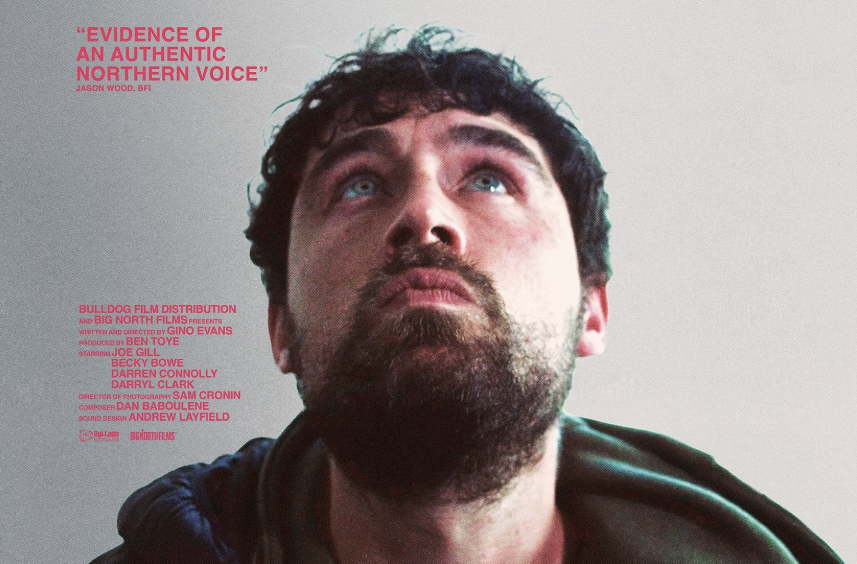
Treading Water: A Recoverist Culture Fix Review by Dominic Pillai, Curator of Social Engagement.
Many films have tried to tackle the subject of addiction, with varying degrees of success. The most recent film to explore this subject matter is Treading Water, Gino Evans’ debut feature film. Set against a backdrop of everyday life in Manchester, Treading Water is a portrait of Danny, who tries to take control of the mental health issues that have shaped his life.
I decided to take a group of Recoverists to a screening of the film at HOME Manchester, to find out what they thought about the representation of this subject matter.
Angie said, “I thought it was well written, and the script was very authentic and realistic. The violence was scary in parts because it was so realistic. I thought it was good that there was hope in the end”. When I asked how she felt about representation of addiction she replied, “I thought it was an accurate representation of one part, but it didn’t show how you get into recovery for instance, although it might be implied. It showed one area of society, working class poverty without much hope”.
For myself, I went into the film with some reservations. I felt that being a social realist film, I was concerned about it feeling like a cinematic form of poverty tourism, as is often the case with films that tackle the subject of addiction in this style. But in fact, I enjoyed Treading Water, if ‘enjoy’ is the right word for such a brutal film.
Although addiction plays a large part, the film is as much about obsessive compulsive disorder as it is about substance use. As a person with OCD, I am often frustrated by the way the condition is depicted. It is usually a term that is flippantly used as shorthand for a people that like to tidy. It is, in fact, a serious mental health condition that is often debilitating and can result in psychosis. This is something that the film successfully achieved, showing the condition in an appropriately disturbing way.
I believe the depiction of addiction/recovery in film and television is fascinating and important, because art creates discourse and can inform the way society can perceive ideas as nuanced as this. I hope that as part of Recoverist Culture Fix, we can attend more events that allow for this ongoing discussion to continue.
If you’d like to join us for our next Recoverist Culture Fix outing, please email Dominic Pillai.